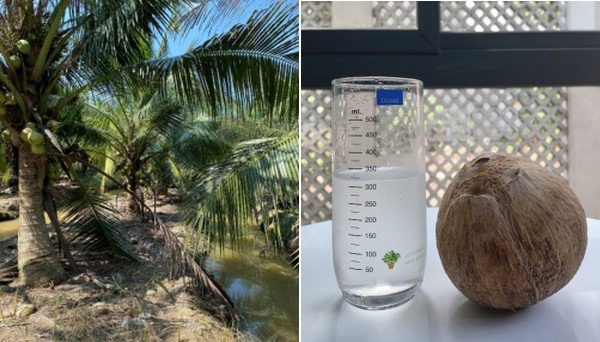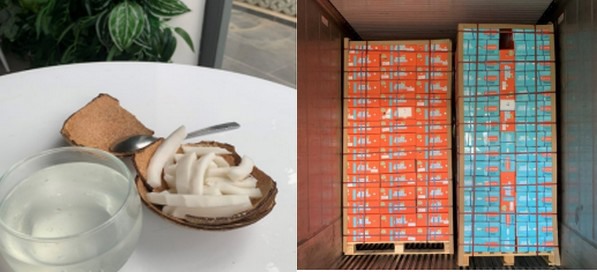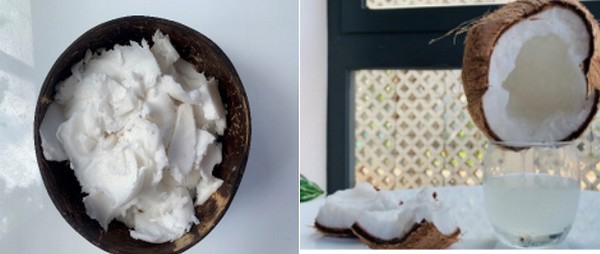Due to slow custom clearance at the border between China and Vietnam, many fruit containers are waiting for a long time which leads some fruits to become overripe. Vietnamese fruit importers are facing great challenges. Rose is a sales exporter at the Vietnamese fruit exporter True Fruits Co., Ltd.. She reviewed current conditions in the local coconut sector.

One of the biggest challenges the fruit sector is facing at the moment is how to preserve fruit quality and freshness during distribution. “The transit time is longer because of the Covid-19 pandemic, and sometimes the estimated time of arrival is not accurate. The shelf-life of fruits cannot be guaranteed when they finally arrive at the retail store.”
At the end of 2021, Chinese authorities temporarily banned importing fruits from Vietnam. There were many containers with dragon fruit, jack fruit, watermelon and mango at the China-Vietnam border. Many fruits were spoiled or overripe after a few days. Some traders decided to change their sales strategy and sell these fruits in domestic market at a far lower price.
When asked how the company deals with this situation, Rose explained, “we now export the majority of our products with sea freight. The sea freight cost is almost 3 times higher than before, and there is a severe container shortage, but at least we can guarantee our importers will receive the goods.”

We started with sea freight in September last year. At that time, Vietnamese authorities already introduced the lockdown policy, and cut off many export routes. So we had to find alternative solutions." Rose said. “Due to the lockdown policy and high freight cost, we had to cancel some of the exporting plan. We exported 20-30% less to what we planned.”
We are working hard to help farmers, by providing them with a reasonable price for their products, and provide farmers with long- term agreements to help them find a stable income. We also introduced our agricultural engineers to help farmers with production techniques for organic fruits.
Vietnamese brown coconuts contain around 300 ml of fresh coconut water. The shelf life can be as long as 4 months. “Our brown coconut has an Organic Certificate and we can export the products to many regions that requires an organic certificate.”
Besides raw coconut, last year, True Fruits introduced the new “Macapuno coconut” to the market. “The Vietnamese Makapuno, also named “Dừa Sáp” in Vietnamese, is a variety of coconut that is almost completely filled with coconut flesh. This is an energetic mutation type of coconut with thicker, spongier flesh. As a result, the water is stickier than normal coconut water," Rose says. “Besides drinking from the coconut, people can also make smoothies, ice cream, jams, and salads with it.”

Besides coconuts, True Fruits also exports large volumes of a variety of tropical fruits, such as pomelo, limes, and dragon fruit.
For more information:
True Fruits Limited company
Ms. Rose
+84 (0) 986 709 954
[email protected]
www.truefruitsco.com










